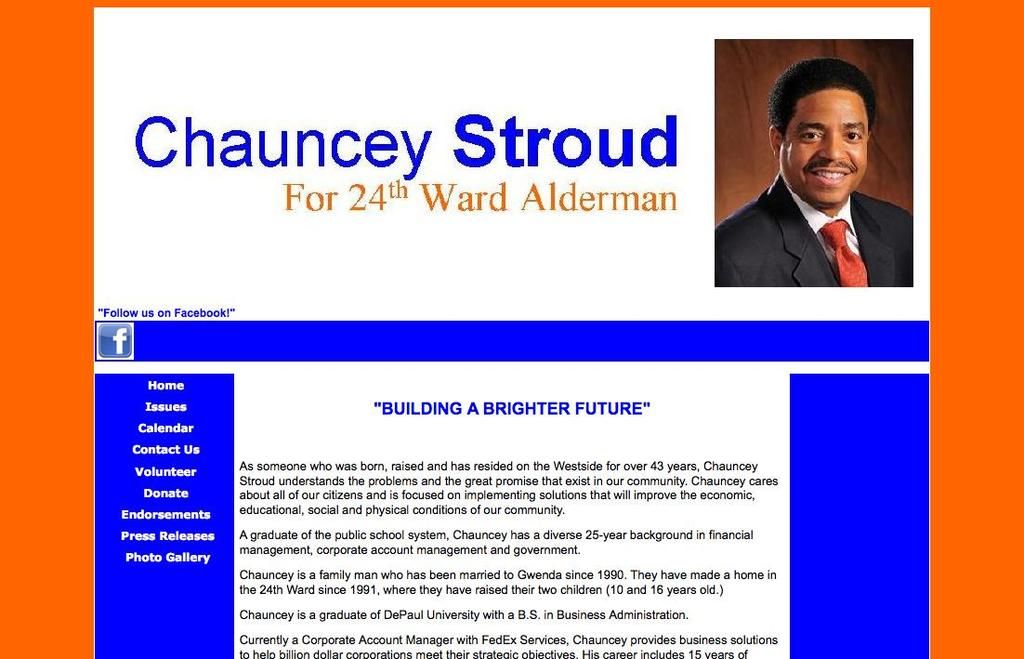Economic Downturn Potential Tied to Tariffs Implemented during Trump's Tenure - Warns Jamie Dimon
JPMorgan Chase Chief Warns of Recession Risk from Escalating Trade Tensions
JPMorgan Chase CEO Jamie Dimon has issued a stark warning about the potential economic fallout from the renewed tariff policies of the Trump administration, suggesting they could push the U.S. economy into a recession. In an interview with Fox Business, Dimon stated that while tariffs might serve political or national security purposes, their economic ramifications are becoming increasingly difficult to ignore.
"A recession is certainly a possibility if these tariffs persist or escalate," Dimon stated, citing rising inflation, disrupted supply chains, and weakening business confidence as key areas of concern. The comments come amid a global economy already grappling with mounting uncertainty, with markets experiencing volatility in recent weeks as trade tensions intensify and key trading partners reply with countermeasures.
Dimon emphasized that while tariffs were initially presented as a strategy to shield American industries and address unfair trade practices, the long-term consequences could prove detrimental to both consumers and businesses.
The CEO's latest remarks represent a significant shift from his stance earlier this year, when he downplayed the inflationary impact of tariffs, stating that if they are employed to safeguard national security or strategic industries, then the public should "get over it." However, his recent comments reflect mounting worries from the financial sector that the prolonged use of tariffs as an economic tool could do more harm than good.
"We're already witnessing indications of strain in sectors reliant on global supply chains," Dimon added. "Higher input costs, delayed capital expenditures, and a pullback in hiring plans are starting to reverberate throughout the economy."
Dimon urged policymakers in Washington to expedite trade negotiations, advocating for a more cooperative and strategic approach to minimize the chances of a deeper economic slowdown. He highlighted the importance of restoring market confidence and ensuring that businesses can make confident plans without the looming threat of policy uncertainty.
"Resolving trade disputes promptly and transparently would greatly benefit the markets," he observed. "Uncertainty is the enemy of growth."
Economists share Dimon's concerns, warning that tariff-induced inflation could drive the Federal Reserve to maintain higher interest rates for a longer period, tightening credit conditions and reducing consumer spending.
Wall Street analysts are closely monitoring upcoming trade talks for indicators of de-escalation while businesses across various sectors, from manufacturing to agriculture, prepare for continued pressure. Despite JPMorgan's strong performance in recent quarters, Dimon's warning serves as a reminder that even the largest institutions are not invulnerable to broader economic risks.
As trade tensions persist, all eyes will be on Washington's next move – and whether the administration can strike a balance between geopolitical objectives and economic stability.
For more details on the current trade negotiations between the U.S. and key partners, read "Dow Jones Plunges Amid Escalating U.S.-China Trade Tensions" and "Impact of RBI's Gold Loan Regulations on Muthoot Finance's Market Value: A Deep Dive."
- The global market is experiencing volatility due to escalating trade tensions, particularly between the U.S. and key trading partners.
- JPMorgan Chase CEO Jamie Dimon has warned of a potential recession if trade tariffs persist or escalate, citing rising inflation, disrupted supply chains, and weakening business confidence.
- Dimon emphasized that tariffs could have detrimental long-term consequences for both consumers and businesses, even though they were initially presented as a strategy to protect American industries.
- Economists share Dimon's concerns, warning that tariff-induced inflation could drive the Federal Reserve to maintain higher interest rates for a longer period, tightening credit conditions and reducing consumer spending.
- Businesses across various sectors, including manufacturing and agriculture, are preparing for continued pressure as trade tensions persist, while Wall Street analysts closely monitor upcoming trade talks for signs of de-escalation.
- Dimon urged policymakers in Washington to expedite trade negotiations, advocating for a more cooperative and strategic approach to minimize the chances of a deeper economic slowdown.
- The overall economic situation is closely linked to domestic and global business, logistics, finance, politics, and general-news, making it essential for policymakers to consider these factors when making their decisions about tariffs and trade.







